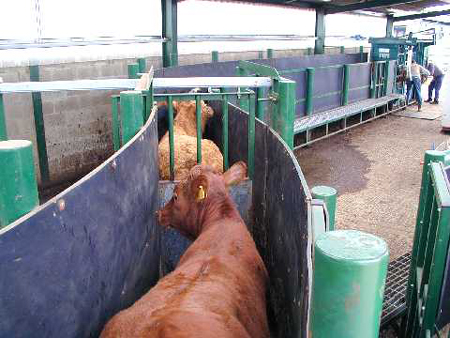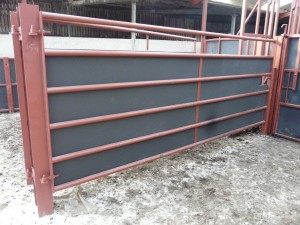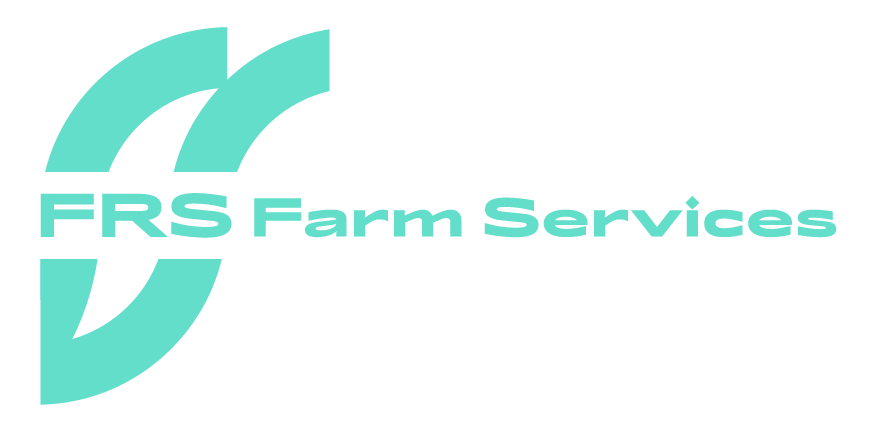Stokbord (Stockboard)
A Versatile Alternative to Plywood SheetingFind out more about our Work
More about our Work

Click to play video
About Stokbord
Stokbord

Click to play video
Arrange Stokbord
Contact Us about Stokbord
Contact UsA Versatile Alternative to Plywood Sheeting
Have you ever wondered if any useful products came back from all that recycled plastic from your farm? The answer is yes and it is a very useful product called Stokbord, or Stock board which is readily available through your local FRS office for a wide range of uses.
Stokbord can be used as an alternative to plywood and is a very versatile product, which can be used in a variety of applications.
Stokbord Features
- Made from re-cycled polyethylene.
- Standard Sizes 8 ft* 4ft sheets with 6, 9 and 12 mm dept
- It can act as an insulator
- It won’t become brittle or Fade when exposed to sunlight; it absorbs UV Rays
- It is reasonably Flexible
- It can be pressure washed
- It is Chew Resistant and is Non-Toxic.
Stokbord Uses
- Ideal for cladding walls of horseboxes, as it won’t dent when the horse kicks and won’t cause any harm to the animal.
- Stokbord is excellent for van floors, as material won’t scratch easily.
More Stokbord Uses:
- Cattle Races
- Sheeting Gates
- Sheeting Doors

- Lining Buildings
- Feed Trailer Floors
- Grain Stores & Bins
- Lining Troughs
- Sheep Races & Pens
- Replacing Tin Sheeting
- On Ring Feeders
See Stokbord for hurdles and pens feature in FJ.
The farm recycling bin and liner system supplied by FRS is made of Stokbord. See Waste Plastic Collection section for more information
Stokbord Tips
- To allow for slight movement once the stokbord has been fixed, make the holes in the board 2mm larger than the screws.
- Use round-headed screws or a washer and bolt. Don’t use countersunk screws.
- Ideally Stokbord should be fixed onto batons on the wall spaced 2-4ft apart. However, you can screw directly to the wall but most people attach to batons or plywood.
